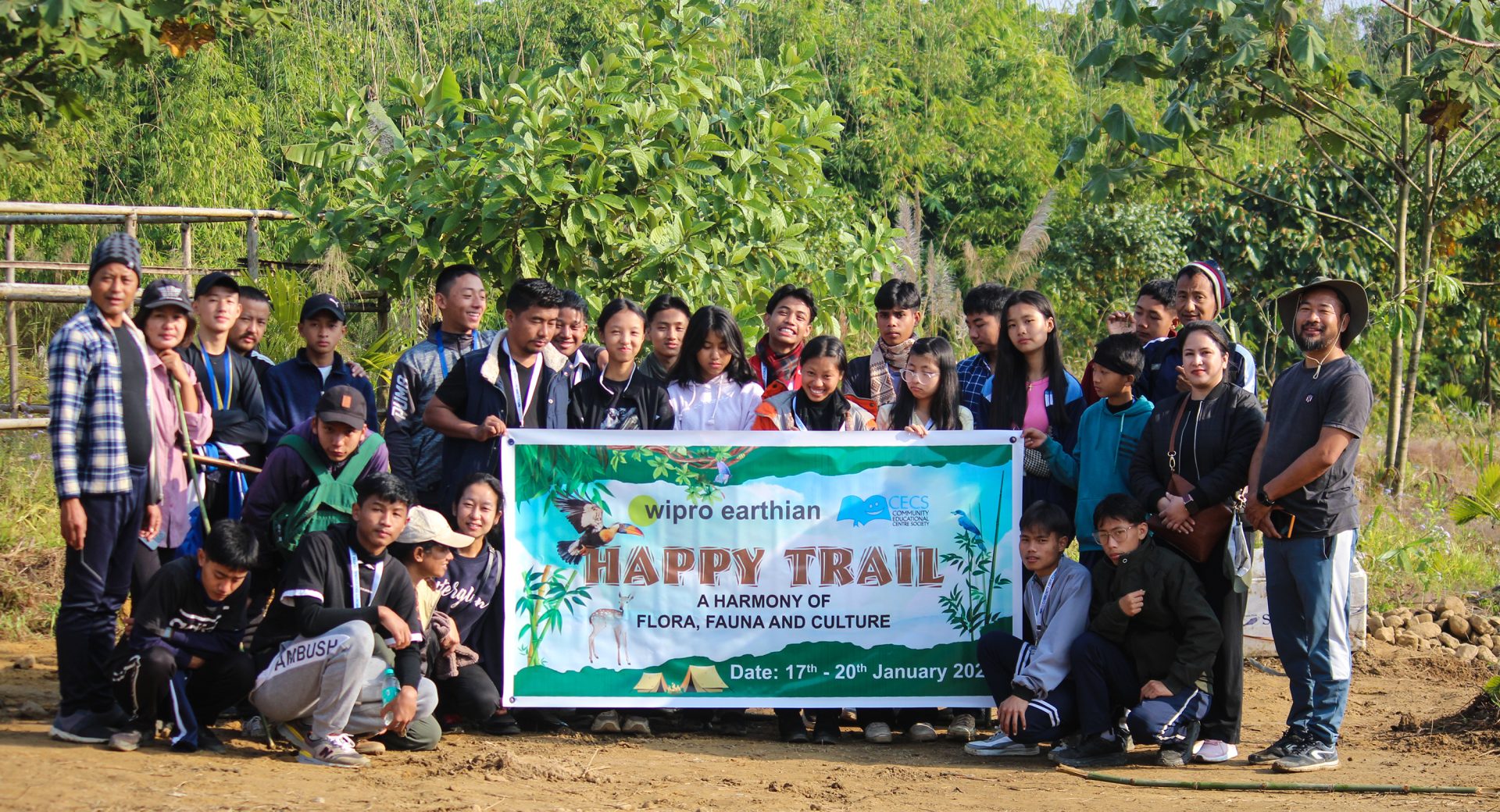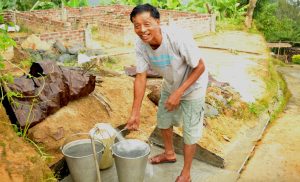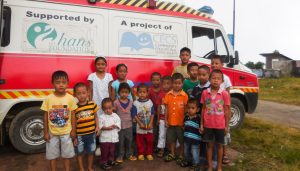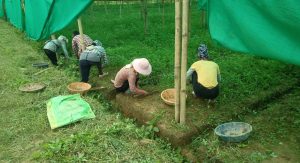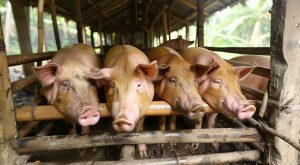Wipro earthian: Nagaland Chapter.
The Earthian program at CECS supported by Wipro Foundation has evolved with a broader focus on sustainability and community engagement, aiming to integrate meaningful sustainability education within schools. Beyond recognition, the initiative emphasizes collaboration between teachers and students, fostering a deeper understanding of environmental issues. A key focus has been on waste management, where efforts have extended to local neighborhoods, vocational institutions, and government bodies to raise awareness and promote effective waste disposal practices. Workshops, sensitization programs, and interactions with government agencies, such as Water Resource PHED and local municipal councils, have supported students in exploring environmental challenges within their own contexts.
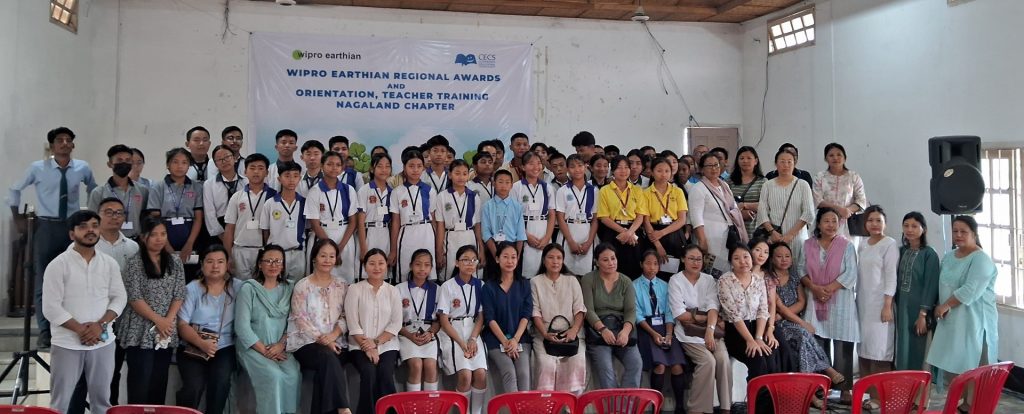
In 10 informal education centers, waste audits were introduced to teach both educational volunteers and students about waste segregation. This was followed by recycling workshops, with a focus on paper—the most common waste found. Volunteers were trained to recycle paper into useful crafts such as bags, bookmarks, and notepads, sharing these skills with their students.
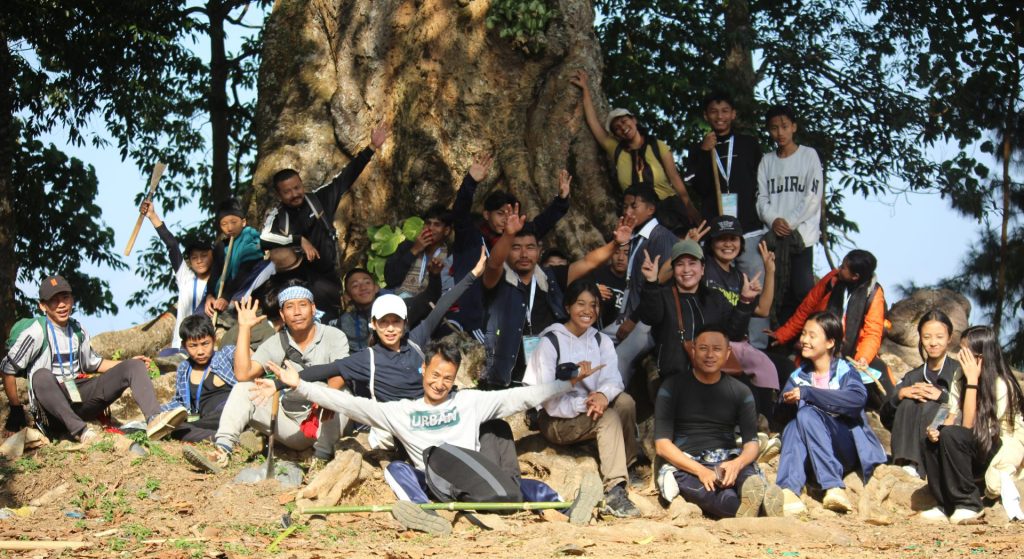
As part of the broader engagement, a four-day, three-night camp is organized in January, at Kangtsung Community Reserve, organized by the Wipro Earthian Nagaland Chapter and supported by the Wipro Foundation. 20-25 students can be accommodated and participate in this immersive experience, known as Happy Trail. The camp is focused on exploring local flora and fauna, indigenous traditions, and environmental sustainability. Community members provided guidance on forest walks, traditional cooking, and bamboo crafts, helping participants gain a deeper appreciation for nature and local culture. The camp emphasized “Leave No Trace” principles, instilling responsibility for environmental preservation and sustainable practices among the participants, while also fostering teamwork and a sense of community.

